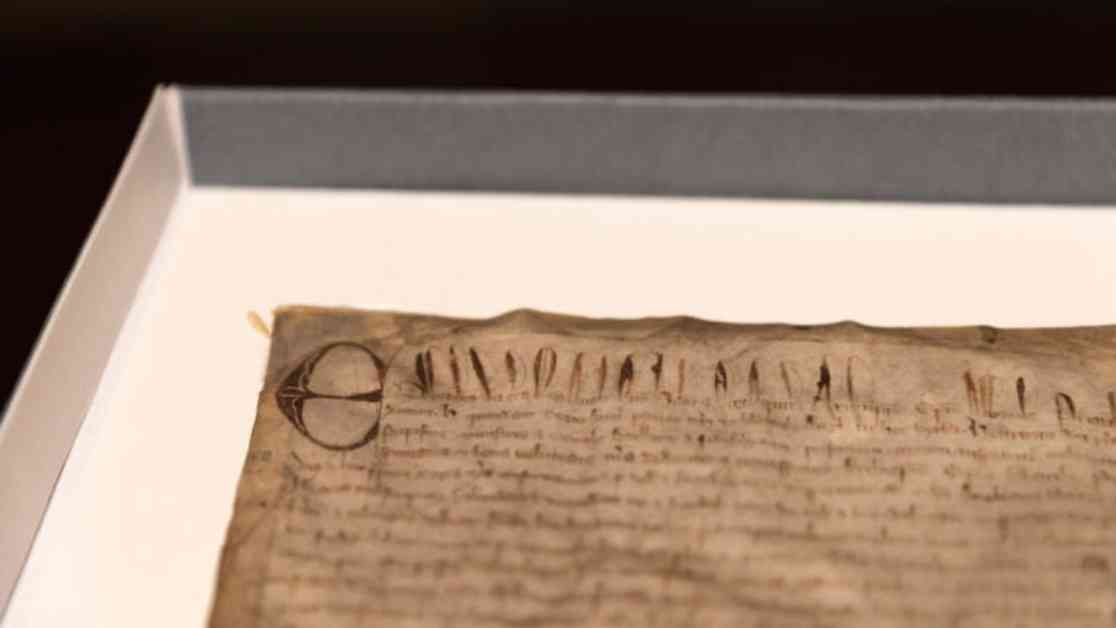Harvard University thought they had an ordinary, run-of-the-mill copy of the Magna Carta in their possession for years. This document, purchased for less than $30, turned out to be much more valuable than they originally assumed. Two researchers recently discovered that Harvard actually owns a rare version of the Magna Carta from 1300, issued by King Edward I of Britain.
The Magna Carta, originally established in 1215, set the precedent that the king is subject to the law, serving as a foundation for constitutions worldwide. While there were believed to be only six copies of the 1300 version, Harvard’s finding brought a previously unknown seventh copy to light. Professor David Carpenter of King’s College London stumbled upon this gem while browsing the Harvard Law School Library website in December 2023.
After confirming the document’s authenticity through meticulous comparison with the other six 1300 versions, Carpenter and fellow historian Nicholas Vincent utilized advanced imaging technology to analyze the text and handwriting. The subtle differences in the 1300 version from its predecessors further solidified its rarity and significance. Despite the document’s worth estimated in the millions, Harvard has expressed no intention to sell it, choosing instead to preserve this piece of history for future generations to appreciate.
The journey of this Magna Carta to Harvard dates back to its purchase in 1946 from a London book dealer for a mere $27.50. Research led by Vincent traced its origins to the former parliamentary borough of Appleby in Westmorland, England. The document’s previous owners, including World War I flying ace Forster Maynard and anti-slave trade campaigners Thomas and John Clarkson, hint at a rich history that adds to its allure. While definitive proof linking this Magna Carta to Appleby remains elusive, the connection seems highly probable, given the established chain of ownership.
Vincent and Carpenter’s upcoming visit to Harvard aims to shed light on the document’s historical significance and relevance in today’s context. As Harvard faces challenges regarding its autonomy in light of governmental pressures, the Magna Carta serves as a symbol of individual liberty and self-governance. The document’s impact on the foundation of the United States and its incorporation into state laws underscores its enduring importance. By inspiring new generations to ponder the principles of democracy and individual rights, the Magna Carta continues to shape perspectives on governance and freedom.






